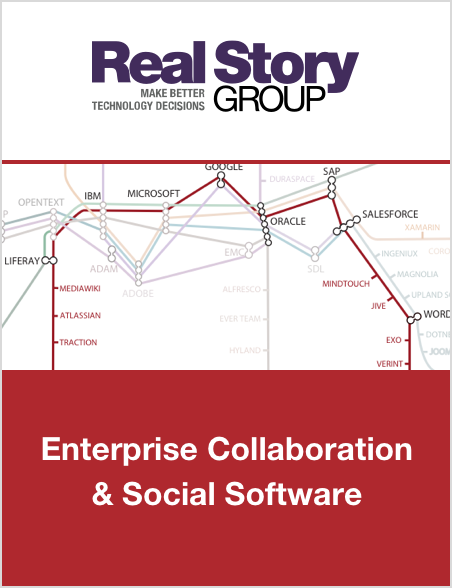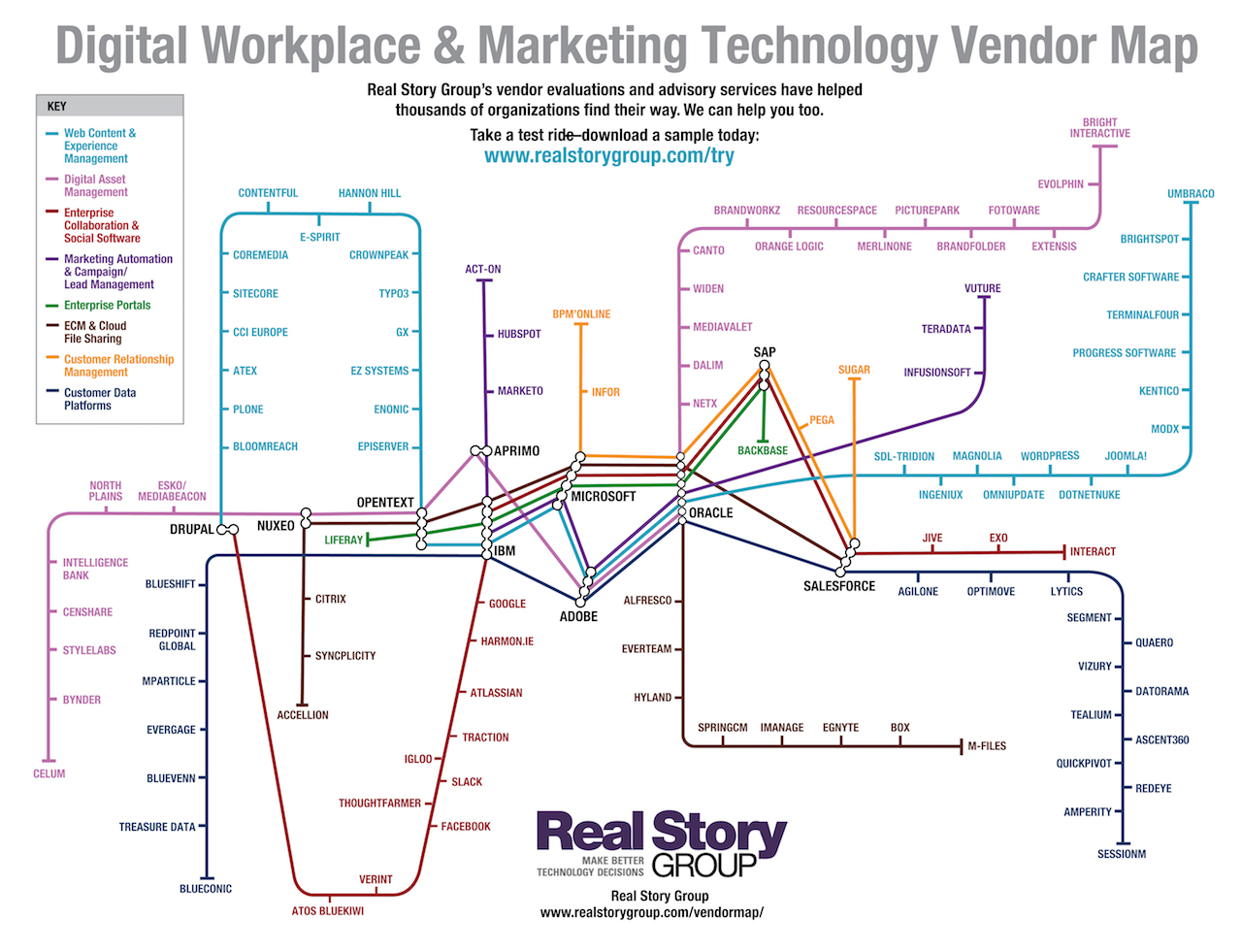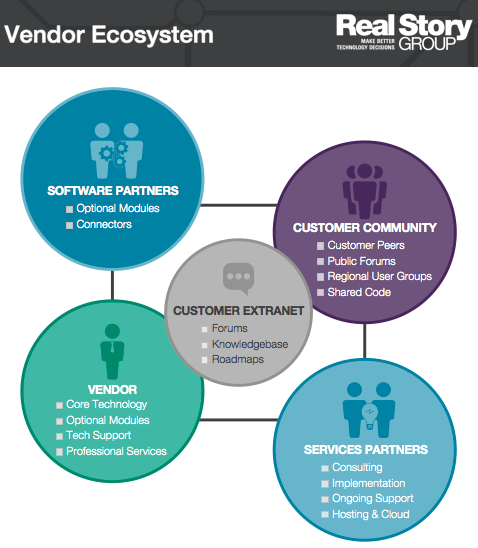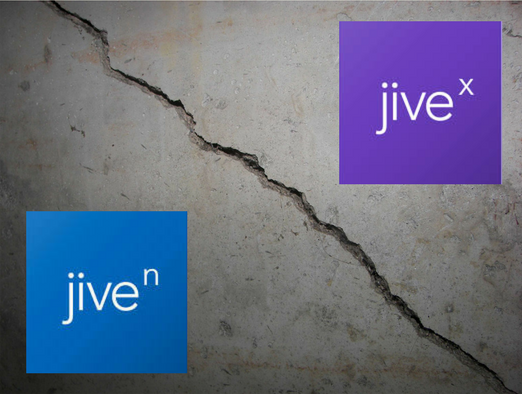Workplace by Facebook Revisited
In the wake of the Cambridge Analytics scandal and other growing concerns about how Facebook has monetized our profiles over time, enterprise leaders considering the firm's "Workplace" enterprise social network are likely to reconsider their bearings. That's good, but more importantly, we can all learn some critical lessons here.
Don't Call My Baby Ugly
At RSG we welcomed the advent of Workplace — after all, organizations have been clamoring for some sort of "Facebook for the enterprise" for at least a decade. However, we quickly found concerns about the actual execution of the platform. (You can read our Facebook review for yourself, as it's the free sample for RSG's Enterprise Collaboration & Social Network technology evaluation subscription stream.)
When we declared that the Facebook enterprise baby was less than beautiful it was interesting to see the pushback from enterprise social network (ESN) consultants and Workplace fanboys. "But it's Facebook," some replied, "and Facebook is cool!" If you believe that chronic ESN adoption deficits stem from a familiarity gap rather than fundamental business value shortcomings, then Facebook suddenly seems like the right answer.
Now we see that maybe Facebook isn't so cool after all, and that its familiarity and apparent accessibility can also bring downsides.

Key lessons
You can use RSG's tough critiques to decide for yourself whether Workplace by Facebook is a good fit for your enterprise, relative to its many competitors. Certainly Workplace offers a lower-cost alternative. But hopefully we've all learned a clear lesson now on what happens when you don't pay fair value for services.
Some lessons:
Use the same tough criteria to evaluate technology from brand-name tech suppliers as you would any other. Don't give "Facebook," or "Microsoft," or for that matter "open source" a pass up front.
Don't fall in love with the idea of a solution; find the best technology+vendor fit.
Focus less on platforms like ESNs, and more on high-value applications, like communities of practice.
Be wary of industry gurus hyping this year's darling. They don't have skin in the game. (OK, maybe they do, but it's the wrong kind).
Most important of all: remain suspicious of consumer goods vendors diversifying into the enterprise, and that means Google as well. Facebook and Google talk about new revenue streams but investors still consider them advertising companies, and you should too.








